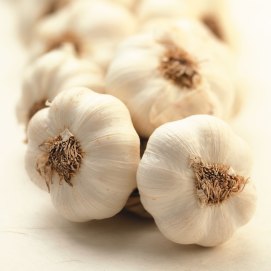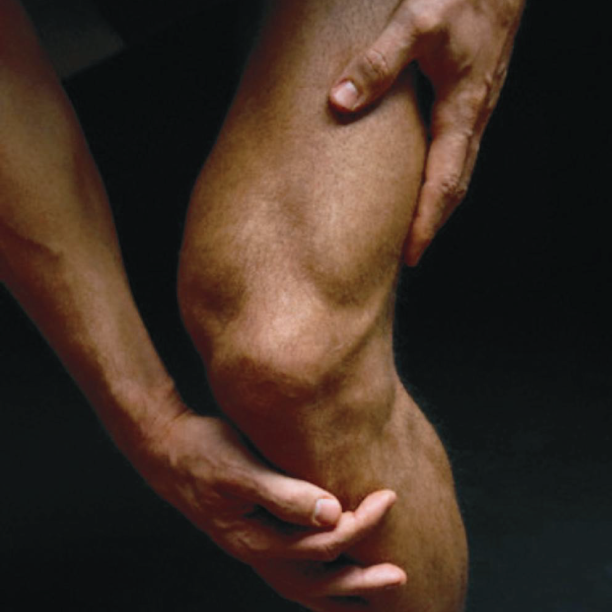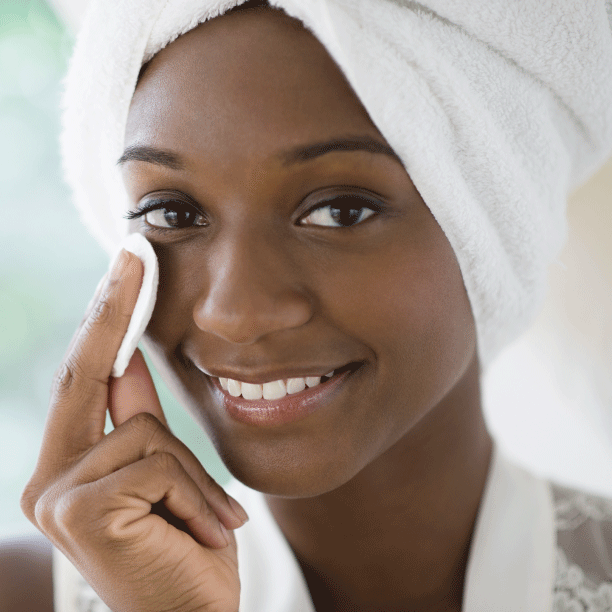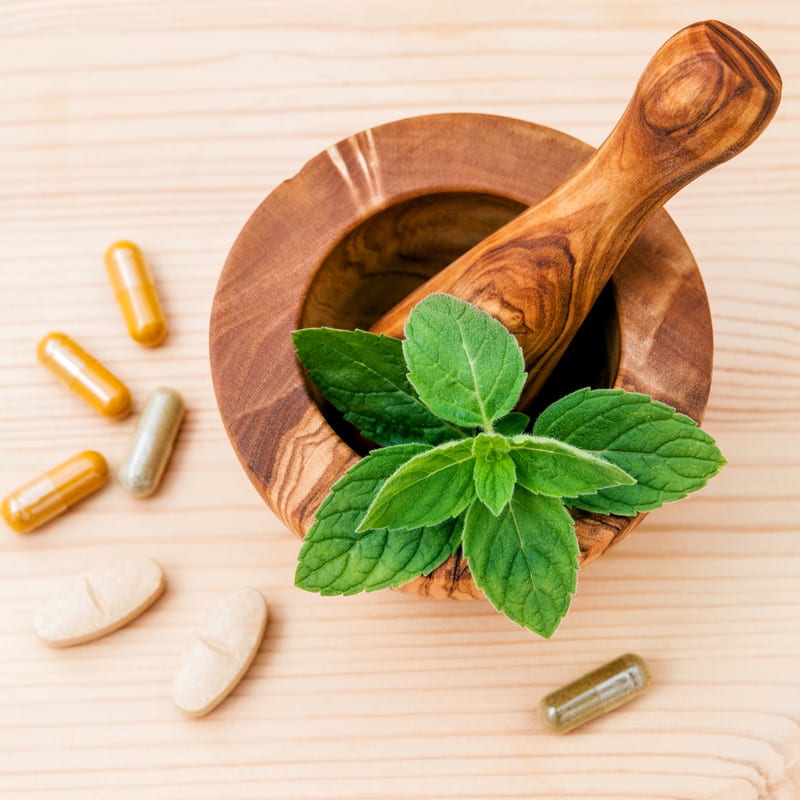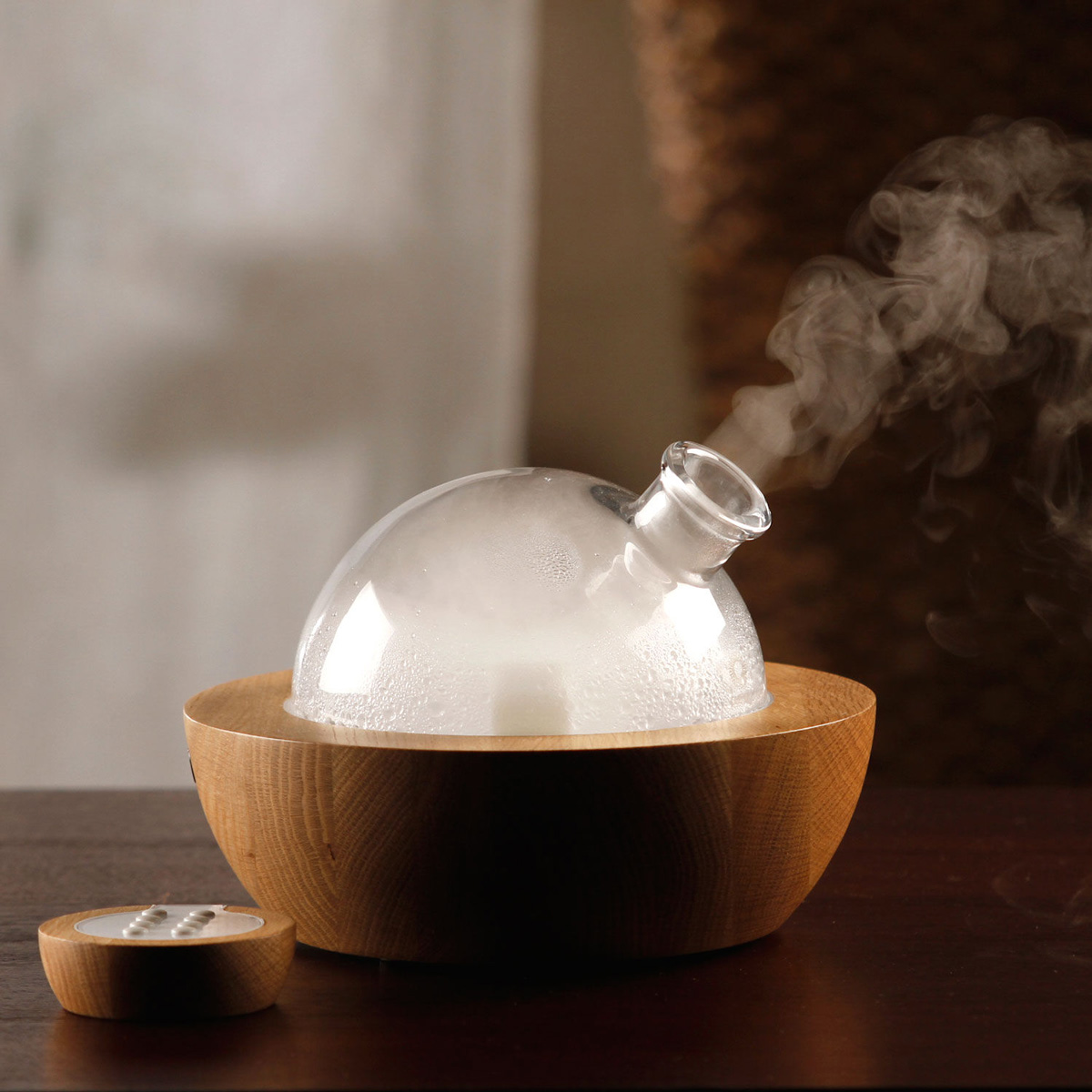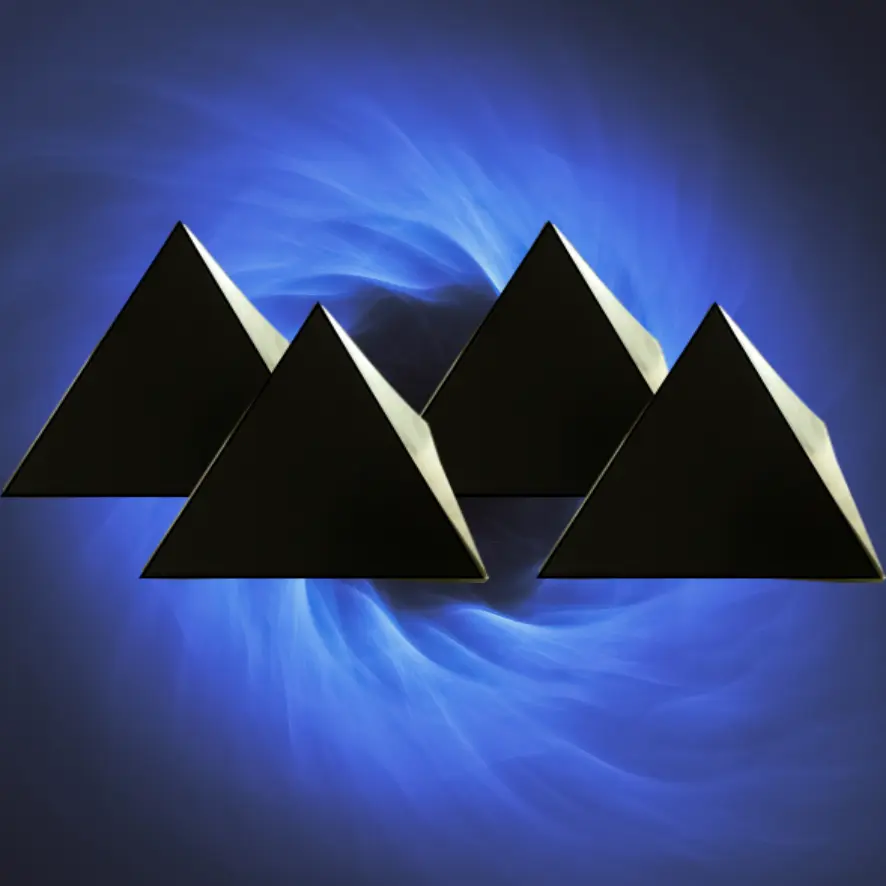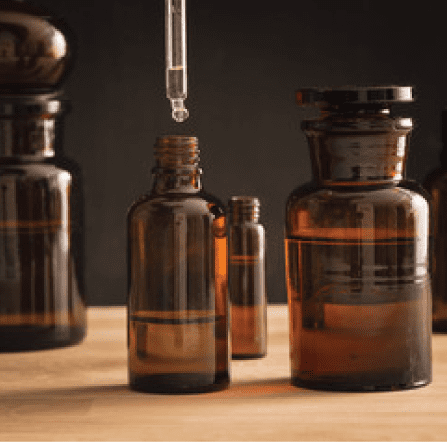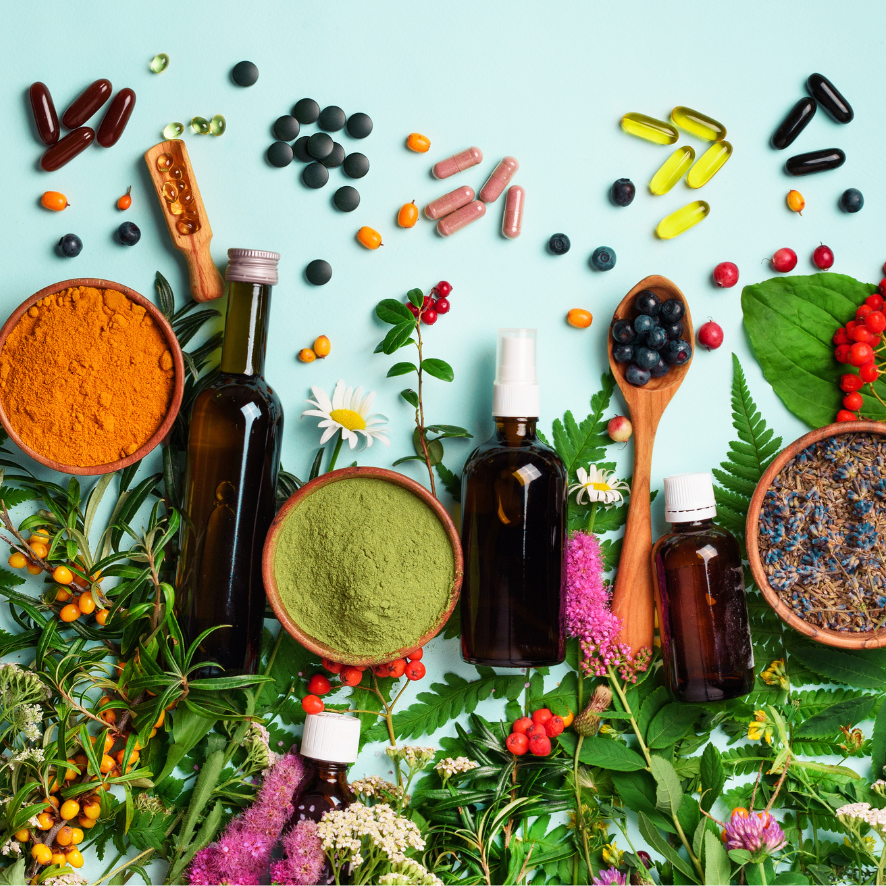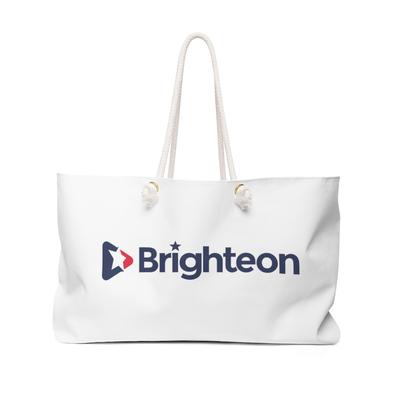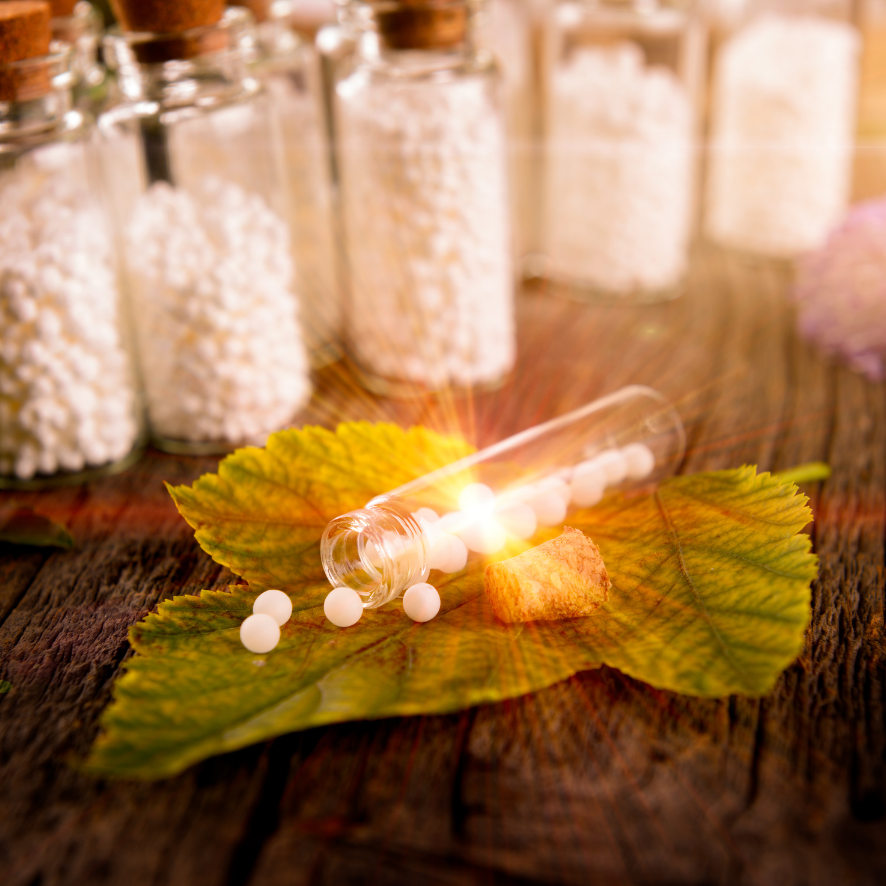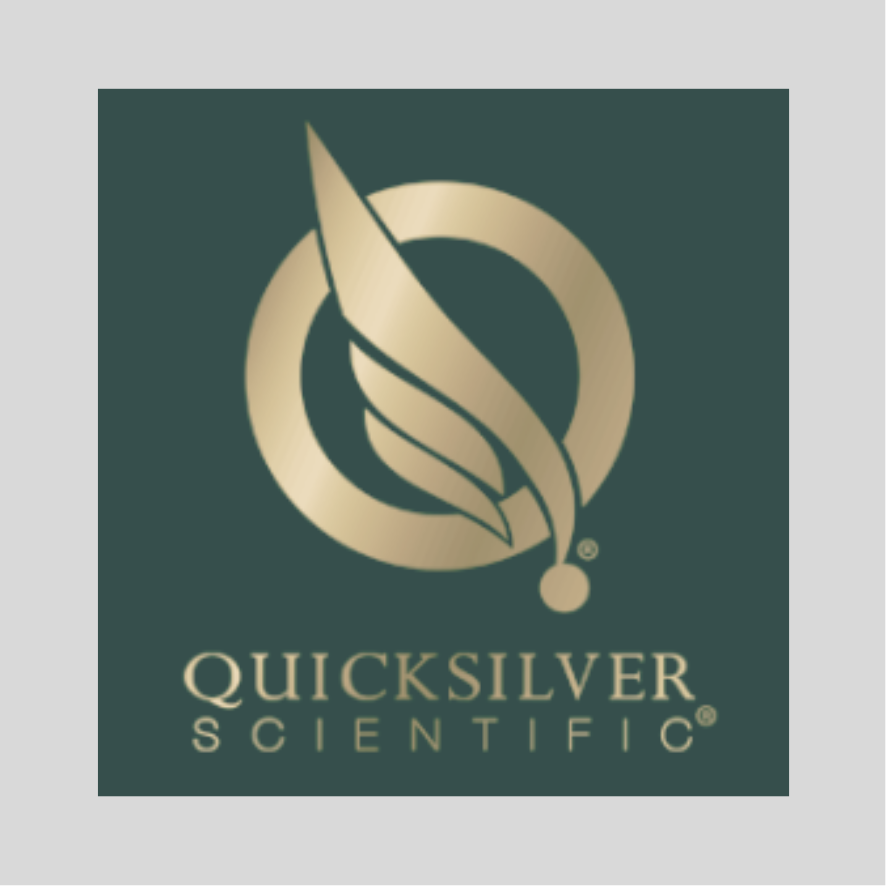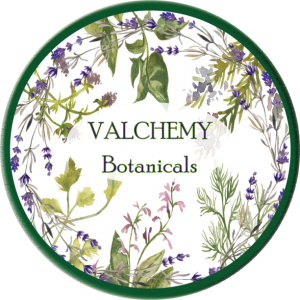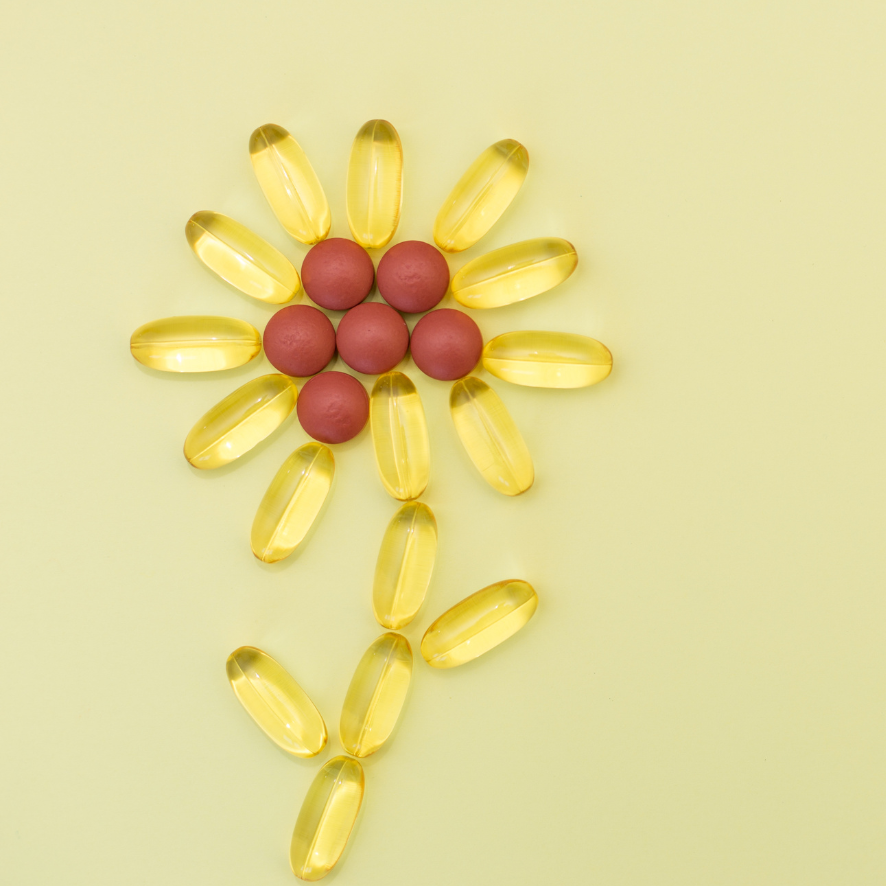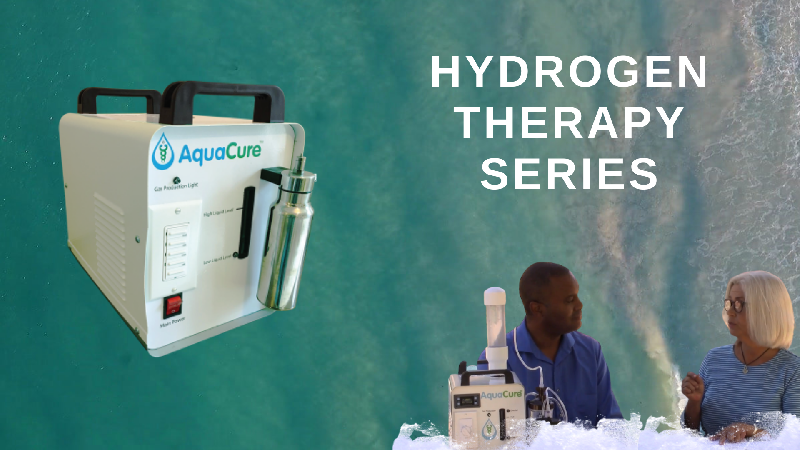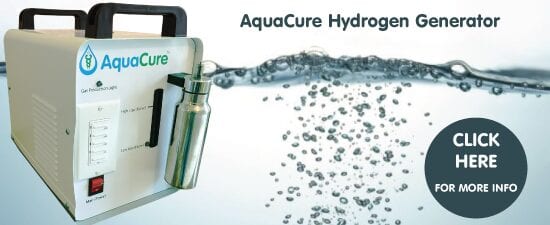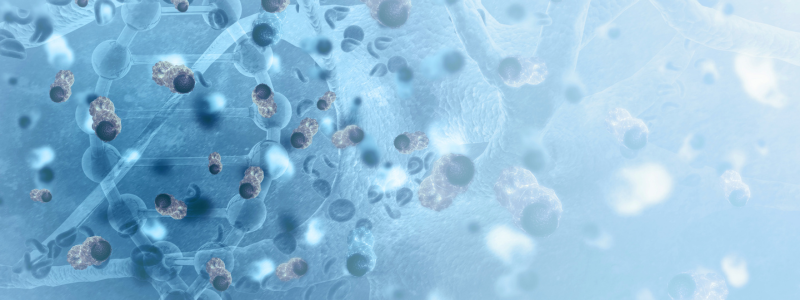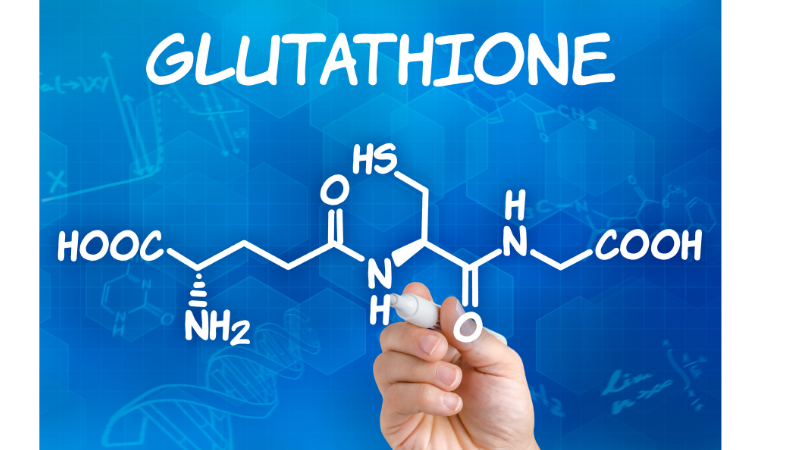Episode 13 – How Hydrogen Therapy Heals The Body
VAL: Hello, friends, and welcome To the Holistic Health Online Podcast. I’m your host, Val Robitaille And in this episode, I’d like to share with you a series that I did with Tivon Rivers from Fix the World on how drinking hydrogen water and inhaling the gas works on nine common health conditions. The original production took place in October of 2020 at the beautiful Weedan Hotes de Ferme in Marrakesh, Morocco.
TIVON: Today we have with us Valerie Robitaille, who is a holistic nutritionist holding an MS in human nutrition And a PhD in community health, education and promotion. Hello, Valerie.
VAL: Hi, Tivon. Thank you for having me.
TIVON: So can you tell us a little bit about hydrogen therapy and diabetes?
VAL: Yes. So diabetes is a disease that is caused by oxidation. And we call the products that the body makes oxidants, or reactive oxygen species. And this is the problem with diabetes as compared to other diseases that we’ve discussed in other segments of this series, for example, Parkinson’s. The problem with Parkinson’s is a cell signaling pathway gets shut down. So diabetes the cause of it is a little different. People with diabetes are riddled with oxidants and they damage the cell because they go on the delicate cell membrane, go into the cell and actually change the DNA of the cell.
TIVON: So about Parkinson’s, the signaling issue was with the brain. But with diabetes, the problem with is the oxidation with the pancreas.
VAL: Diabetes type one is a problem with the pancreas because you’re not making enough insulin. So the way that hydrogen works in diabetes type one is it helps the cells of the pancreas, which are called beta cells, to produce more insulin. And it does that through its super antioxidant effects.
VAL: Because of its small size and its charge hydrogen is able to get into the cell because and it pops off those oxidants that are in the cell. It’s called a super antioxidant, and it turns those dangerous substances into water.
VAL: That’s the way it helps type one diabetes. Type two diabetes is more of a case of lifestyle and it happens to people later in their lives after they’ve had quite a bit of damage already done. And it’s a case of insulin resistance where you’re producing enough insulin, but because of all the oxidants that are in the body, the insulin isn’t able to be brought into the cell, Drop the glucose off in the cell and the glucose as the fuel, the food for the cell, for the mitochondria to start to produce energy for the body.
VAL: So that is being cut off in type two diabetes. The effects of hydrogen therapy on type one diabetes, in summary, is that it helps the beta cells of the pancreas to create the appropriate amount of insulin. And in type two diabetes, it’s helping all the cells in the body to be more receptive to the insulin that the body is carrying. The cell can recognize the insulin glucose complex that’s coming in because all of the oxidants around the cell and on the cell membrane have been popped off and turned into water from hydrogen.
TIVON: Well, that’s amazing that hydrogen therapy can assist improving the health of someone that’s suffering from both type one or type two diabetes.
VAL: Yes. And we have to remember that hydrogen goes everywhere in the body. And so it’s going to help systemically. And that’s a very important feature.
TIVON: That is fantastic. So tell us more about what hydrogen does for the body.
VAL: The very first thing that I would like to say about the hydrogen machine and hydrogen therapy is that it’s able to reduce the risk of lifestyle related diseases. And I think that this is a very important aspect because many of us know about what we should do about health and good Living, but very often we don’t do it. So for example, we don’t exercise as much as we should or we don’t eat the perfect diet. We have a lot of stress. There’s a lot of toxins in the air. These these are stressors that cause disease. So we’re going to talk a little bit more about that, each individual condition. But in general, I just would like to list off in a broad sense, some of the benefits of hydrogen therapy.
VAL: One of the things that it’s well known for is treating autoimmune disorders such as arthritis, lupus, psoriasis. These are all caused by inflammation. But this is when the immune system goes into action on healthy cells thinking that they are a foreign substance. These are Cytokines. And we’ve heard a lot about cytokines recently in the News due To a virus that’s been going around. Cytokines are proteins that are produced by cells that have a specific effect on interactions and communications between the cells. There are pro-inflammatory cytokines that stimulate the inflammation, inflammatory response and auto immune processes. There are other cytokines that aren’t detrimental, but the pro-inflammatory ones can be detrimental. And we’ll talk more about that in another segment as well.
VAL: Inflammation on the membranes of a cell is what blunts that cell’s activity and turns on bad cell signaling processes. So that’s one of the ways that disease is exacerbated in the body. Inflammation also leads to energy loss in the cells, but not necessarily in your daily life. Like you wouldn’t necessarily feel an immediate energy loss from inflammation. It’s something that happens over time where the cells are losing energy and then eventually due to lifestyle like we talked about earlier, then you would feel physical loss of energy, but it starts in the cells. So we’re going to have to talk a lot more about cellular processes.
TIVON: So that’s very interesting. As you go through this list. Inflammation seems to keep coming up.
VAL: Well, inflammation is really the crux of the problem for any disease, virtually any disease. In fact, I don’t know of any disease where inflammation isn’t the foundational problem. And we’ll talk more about what inflammation is.
VAL: But for example, after a while, when the cells have been had been blunted, as we said, from inflammation, for example, brain fog, sometimes we experience brain fog and that means there’s not enough energy in the brain cells. When we feel fatigued, that means there’s not enough energy being produced in the muscle cells and so on. So some of these systems break down slowly, but they all have the same cause and it’s all cellular.
TIVON: Okay, so how does hydrogen help in these ailments?
VAL: Well, hydrogen is the smallest element. It’s it’s inert, meaning it’s neutral, you know, and because it’s the smallest element, it goes everywhere in the body. So, for example, we take antioxidants and some of us know what that is. And that’s it’s quenching the oxidation processes that are going on in the cells. So we take antioxidants, but many of those antioxidants don’t go everywhere in the body because they’re bigger molecules. Hydrogen is the super antioxidant because it literally can go everywhere and it crosses the blood brain barrier. So if we’re having energy loss in the brain cells, neurons, then hydrogen will go in there and it will pop off those oxidants that are grabbing the energy from our brain cells, well, it can actually go right through that blood brain barrier.
VAL: It also crosses the mitochondria, which is in the cell. A cell has a membrane. Inside the cell, there’s a fluid called the cytoplasm. In the cytoplasm, you have a nucleus and a mitochondria. Hydrogen goes right in where other compounds called hydrophilic compounds can’t pass the membrane because the membrane is made of fat and hydrophilic means water loving. So something like vitamin C, vitamin C is a water soluble vitamin. So vitamin C is not going to enter the cell, although it is considered an antioxidant. It’s not the same as hydrogen going into the cell. Hydrogen can pass through all of these membranes because of its small size, but also because of its charge. Hydrogen benefits every organ of the body with no known negative side effects. One of the most phenomenal things about hydrogen and this process that we’re talking about today is that hydrogen targets dangerous, free radicals selectively. So, for example, there are free radicals in the body that are not detrimental to the body. One of those is something called nitric oxide, which is very important for vascular functioning. You need nitric oxide in order to be able to dilate the blood vessels. So you don’t want to minimize that. Hydrogen is able to skip over that. It knows somehow and it just targets the dangerous free radicals which cause inflammation.
VAL: Studies have shown that hydrogen lowers blood sugar and bad cholesterol, restores the natural growth of brain cells, restores normal cell function in general, and it increases the antioxidant glutathione, which the body makes. And there was a very important study that was in it showed improved muscular dystrophy. Glutathione is a very important antioxidant in the body, it reduces lactic acid buildup during heavy exercise and decreases muscle fatigue. The Metabolic syndrome – reduces triglycerides, insulin and levels of glucose, and increases HDL, the good cholesterol, and gives a decrease in total cholesterol, these are the parameters that we look for when we do blood work. We want total cholesterol to come down, HDL to go up, you know, low density cholesterol go down.
VAL: This is the benefit of using hydrogen. It’s an antitumor agent. It suppresses tumor colony growth by reducing oxidative stress. It inhibits angiogenesis, which is blood vessel growth. So, for example, in cancer, the cells, when they’re left to grow, start to form their own little blood vessels. Hydrogen stops this process. This was specifically in human lung cancer cells.
TIVON: Wow.
VAL: Yeah, we do have many studies. We just can’t go into all of them in this short amount of time.
VAL: Hydrogen boosts skin health. You can bathe in it and it improves the appearance of wrinkles and reduces skin cell damage from UV rays or ultraviolet rays. Oxidative stress is associated with quality of life in patients with chronic obstructive pulmonary disease and cervical cancer. Antioxidant supplementation was found to be effective in improving quality of life. And as we discussed already, hydrogen is the super antioxidant. Hydrogen therapy not only makes one look younger through a series of anti-inflammatory actions. Hydrogen heals blood vessels On the inside, which we talked about a little bit in another video. But this is what makes it truly anti aging.
VAL: The problem with aging is free radical damage, dangerous free radicals and oxidation reactions are what cause inflammation in the body. For many decades, alternative health practitioners have known that oxidative stress and inflammation are at the root of virtually every modern day disease. The solution is hydrogen because due to its size and characteristics, hydrogen has the ability to penetrate any cell membrane in the body. Drinking hydrogen water and inhaling hydrogen gas saturates the cells and heals inflammation from the inside out. Bathing in hydrogen water gives an extra anti-aging boost to the skin. Before I give you a little bit of the science, I really wanted to read one of our health testimonials from someone that I believe iss 68 years old and he wrote a beautiful testimonial after using his hydrogen generator, his aqua cure.
VAL: At first, for about a week, I felt very energized. It was a tonic. It was very powerful. My body felt 30 years younger. After a week that stage passed, the next stage was deeper, more reconstructive. The therapy now was very internal. The organs were getting healing energy. My lungs were getting a deep cleaning, like being scrubbed clean. I can’t describe it. My breathing was better than I can ever remember. The hydrogen gas cleaned out my sinus cavities in a couple of hours of inhaling deep breathing became effortless. I guess it is now as smooth as silk. That alone is worth the price of the aqua cure. But there’s more. My heart, which did not have any problem, seem to be pumping more smoothly. I can feel the difference in a subtle, intuitive kind of way. It pumps like a new heart. I imagine the heart valves have been rebuilt. Actually, all the organs feel like they have been refreshed and strengthened. Digestion, elimination, absorption all feel better. Now the brain mind effect, it too has been cleansed and purged of blockages to my thinking. It has been liberating to feel my brain and mind getting refreshed, freed of many old thoughts. I can sense that my thinking is a new process, less doubt and more action. I smile a lot now and I communicate more easily with people. Way cool. The muscles and tendons feel refreshed, like I feel muscles and joints that I have not felt in years or decades. They are coming back to life with flexibility and growing stronger. I walk faster and enjoy it. Before it was a chore to walk. Now it’s a pleasure. I will be joining a gym. I want to get a muscular toned body that is now possible before my Aqua Cure. I was looking to a life of constant breakdown of bodily health. I ordered my Aqua Cure December 2nd, 2019, received it eight days later. Today is January 3rd, 2020, 26 days later. And it has been the biggest boon to my health. Remarkable. Unbelievable.
TIVON: That is absolutely fantastic.
VAL: I also lost £10 without even trying. In fact, the Aqua Cure refreshed my taste buds. Food. Any food tastes so delicious, I ate more food than normal and I still lost weight. I was eating more and enjoying it more. How cool is that? I now feel that some of the internal body work is being completed. I feel like I am getting a brand new body. I am 68 years old. So what exactly is oxidation? Well, chemically speaking, oxidation is defined as the removal of hydrogens from a molecule. One such reaction that pertains to our discussion of anti-aging is Nad+ nad complex, which is an enzyme complex that’s involved in energy production and takes place mostly in the mitochondria. Now Nad H stands for H stands for hydrogen and this is called the reduced form of the enzyme complex, signifying that it’s a high energy electron donor. The way energy is gotten from NAD is called oxidation, where the hydrogen is donated and becomes NAD plus or the oxidized. Low energy form of the complex. These are complicated reactions, but the important thing to remember is this takes place in the mitochondria and forms ATP, also known as adenosine triphosphate, which is pure cellular energy. The technical term for this whole process is called cellular respiration, and it is our energy production process. This complex reaction is used as a marker of mitochondrial activity or how well and how much cellular energy we are producing. And readings are measured non-invasively from the skin. The more nad present, the more energy the cells are producing. Dr. Nicholas Perricone, New York Times best selling author, an anti-aging expert, has done these measurements using baseline NAD Plus and NAD readings before and after drinking water, hydrogen water. Within 2 minutes there was an average increase of 12.5% of NAD in the ski
VAL: So the reason why hydrogen is the superior antioxidant is because it affects different cell switches in the body that can turn off inflammation. Not all antioxidants can pass through the membranes, but due to its small size and its charged, hydrogen can pass through any membrane in the body.
TIVON: In the next segment, we’re going to talk about hydrogen therapy and erectile dysfunction.
VAL: As we have spoken about in other segments of this series Hydrogen has very high bioavailability, which means that it can enter any cell due to its size and its charge. Oxidative stress is the pathological cause of erectile dysfunction. It’s a vascular condition or a narrowing of the blood vessels, also known as atherosclerosis. This condition is commonly associated with high blood pressure, high cholesterol or diabetes.
VAL: Erectile dysfunction also has a very high psychological or emotional component. And HYDROXY is also known to improve the quality of life, which is also helped by using a hydrogen generator where the body is getting enough hydrogen to be able to be used as an antioxidant. Because that’s one of the problems people suffer from a lower quality of life is because they have a lot of oxidative stress.
VAL: So all around this is really good for this particular problem. It also takes care of a problem called apoptosis, where the cell dies naturally and it’s kind of like a programmed cell death. When your nitric oxide is decreased, your vasodilation is decreased, and your cell death is increased. So this is really a cascade of events that leads directly to erectile dysfunction. The apoptosis in erectile dysfunction causes smooth muscle cell damage in the corpus cavernosum of the penis. Free radicals induce apoptosis. So what we want to do when we are treating erectile dysfunction with hydrogen therapy is we are focusing on protecting the corpus cavernosum from apoptosis in addition to the antioxidant effects.
TIVON: So by taking hydrogen therapy treatments for this particular condition, you’re preventing a cascading effect.
VAL: Right. Of apoptosis or cell death? Exactly.
TIVON: So can you tell us a little bit about how hydrogen can help with anxiety, mood and quality of life?
VAL: Yes. So again, we have the problem of oxidation and reactive oxygen species, which are what cause inflammation in the body. And it’s the same in the central nervous system. The same effect happens. Chronic oxidative stress and inflammation causes deteriorations in the function of the central nervous system, and that can lead to reductions in the quality of life, which, of course, affects our mood. Can make one anxious.
Speaker2: Wow.
VAL: Yeah. And the the high metabolic rate of the brain. The brain is really a high energy organ which results in the generation of disproportionate amounts of reactive oxygen species or inflammatory products. This leads to the oxidative stress that is detrimental to the cells of the central nervous System or nervous system.
VAL: Increased oxidative stress initiates a cascade of inflammatory signals leading to inflammation, which of course is painful but causes just about every disease known to mankind. So the altered homeostasis, which is the altered balance when it gets imbalanced because of oxidation, inflammation and protein aggregation, has been shown to contribute to the death of neurons which are the brain cells. This is directly related to impairments in various cognitive domains in terms of associations between hydrogen and the central nervous system. Molecular hydrogen from the aqua cure acts as an antioxidant as it binds to the dangerous hydroxyl ions that are being produced in the central nervous system. It has neuroprotective effects.
VAL: Alzheimer’s disease is one that Dr. Ohta in Japan has a lot of research on hydrogen therapy and Alzheimer’s disease, which is very, very promising. It has been shown to improve memory function in these patients.
VAL: So, you know, things like job stress, adrenal fatigue. For long periods of time, you know, that mental loading, constant, constant, constant for several hours has been shown to enhance oxidative stress.
VAL: So what is the super antioxidant that we know of? Molecular hydrogen.
VAL: One of the advantages of hydrogen is the ability to cross the blood brain Barrier Because of its small size and its charge, it has a special electrical charge. And this has tremendous potential to reduce inflammation in the brain.
VAL: So if we are talking about the central nervous system, we’re talking about the effects of of anxiety, depression, mood and basically quality of life. So these are the ways that hydrogen can improve those facets and improve generally the quality of life.
TIVON: In this series, when you’ve been describing some of the ailments and how hydrogen therapy can help in all of them, there are certain things that keep coming up, but when you describe how it can help with the quality of life, I’m reminded of how in the Far East it explains why so many people have been using hydrogen therapy regularly, daily. I mean, to the point of where they have these parlors where you go in and for almost like the cup of a price of a cup of coffee, you’re treating yourself regularly with hydrogen. So that’s amazing.
VAL: Yeah, it’s good stuff.
TIVON: Can you tell us a little bit about hydrogen therapy and cancer?
VAL: Yes. So as we talked about in another segment in this series, hydrogen can penetrate into the cellular membranes. It’s small enough to do that. And it also has the right electrical charge, it has very special characteristics. It goes into the mitochondria. And this is where we may have the problems with cancer because that’s where our DNA resides. In the mitochondria. So hydrogen being able to penetrate the mitochondrial membrane inside of the cell. The mitochondria is in virtually every cell in the body, the mitochondria is our energy production.
VAL: Hydrogen selectively donates its electrons to what we call oxidants that are being produced in the cell. And these oxidants can be dangerous. There are some healthy ones and there are some detrimental ones. So hydrogen has the ability to go in and selectively choose the dangerous oxidants in the cell. It donates its electron and it turns that substance into water creating H2O. It’s a chemical reaction. It’s complicated, but that’s really what we want to know about hydrogen in this regard.
VAL: Cancer is a multi stage process. The first stage is called initiation. The second stage is promotion and the third stage is progression. So this is why we understand that if we catch cancer early enough, we can turn it around. Oxidative stress interacts with all of these stages. The oxidation that is going on in the cell when it’s detrimental to the cell promotes DNA synthesis, and that’s the problem. So in other words, the DNA in our body is being changed to promote more cancer cells. It proliferates. That’s why we want to stop cancer early. But even at any stage, we can stop this this progression.
VAL: I know that we use chemotherapy and radiation in countries such as the United States and a lot of the industrialized countries. But it is my belief that chemotherapy and radiation and invasive surgery are the practices that kill people. It’s not the cancer so much as the treatment for the cure is worse than the disease. So hydrogen in that regard has no side effects at all. It shows in most of the studies that we get the beneficial effects of hydrogen in so many of these health conditions within eight weeks. Some take a little bit longer.
VAL: And we are going to talk about stem cell production in another segment. Sometimes cancer is in my opinion, cancer is mostly a lifestyle related disorder. So that’s one of the things that hydrogen helps mostly with some of these lifestyle related disorders, because we don’t exercise as much as we should. We don’t eat as well as we should. There are environmental toxins. We’re constantly being bombarded with toxins that create these oxidative reactions in our bodies. So hydrogen with the ability to go into every part of the body, including the brain, is really the best treatment that we can do for cancer, as far as I can tell because we’re not dealing with the side effects of the dangerous drugs. You know, our livers are being healed and built up instead of being bombarded with the drugs. And it’s just superior treatment the hydrogen is, and the way that we measure the effectiveness of the hydrogen is because the hydroxyl, which is an oxidant, a dangerous oxidant, is strong enough to react with the H2 that’s going into the body. So we measure the hydroxyl content and see it going down because as we mentioned before, the oxidant turns into water.
TIVON: I think that’s what’s beautiful about this whole process. After the complicated processes H2 goes in, water comes out, and that is just amazing. And you have a healed, healthy body.
VAL: Yeah, it’s really it’s really very special.
TIVON: Can you tell us a little bit about how hydrogen therapy can help with pain relief?
VAL: Okay. Inflammation is the cause of pain. What happens is when something happens in the body, there’s a stimulus that causes pain. And so the body tells certain cells, certain substances, to go in and start to heal right away that wound in the body. But the inflammatory products that are produced actually are the things that cause the pain.
VAL: So there are two types of pain. We have acute pain and we have chronic pain. The acute pain is when that stimulus is present, like when you sprain your ankle. You just sprained it. And it’s happening right then and there.
TIVON: And that’s considered normal right to experience. So your body knows that there’s a part that has been injured or damaged.
VAL: Yes. And it sends all of the substances which are called inflammatory products to that area to start signaling other substances to come to that area. Maybe you need some white blood cells there or…You know, these are all called inflammatory products.
VAL: So that’s acute pain. Now, chronic pain is when the stimulus has been removed, but there’s still pain there. Cytokines regulate the body’s response to disease and infection and they are pro-inflammatory. We also have anti inflammatory cytokines, so the body is in a constant state of balancing these things that are signaling to each other. And when we have lots of free radicals and and problems, these signals get crossed. This is where the hydrogen comes in because it improves cell signaling. Also, we discussed how hydrogen can go into the cell and pop off the oxidation that is being produced by some of the harmful substances that are pro-inflammatory. They’re still dealing with the wound.
VAL: So the problem with the cytokines is that when they go to one area and it’s working on one area with white blood cells and all the other inflammatory products, it can then go into the circulation and start affecting secondary organs. So it’s not just a problem with the site of the pain. Acute pain is sudden, like when you stub your toe. Chronic pain is long term and in most cases analgesics are used. But these are problematic due to addiction, you know, like the opiate proble
VAL: In acute pain when the when the cause of the pain is resolved, signaling typically stops. So remember, that’s short term pain and the signaling of, oh, let’s go, let’s go, let’s go. That typically Stops. But when the pain lasts, say about three months, An extended period of time, Then it’s considered chronic.
VAL: And this is because the sensory cellular signaling doesn’t stop for whatever reason. I mean, we know that scar tissue can be painful. Yes, that’s chronic pain now.
TIVON: And with this chronic pain or just pain in general, the reason why you are talking about these products that that can go in and cause problems, is it because pain and inflammation is so interrelated? Is that the reason why?
VAL: Yes, inflammation is is really a big one. Yeah. And it’s the cytokines.
VAL: So when, when the signaling doesn’t stop, in the case of chronic pain, this can lead to a pathophysiological state of nervous system, hyper activity, and the perception of pain becomes intensified. So we know that hydrogen enters every cell of the body, including the central nervous system. When this chronic situation is happening and we do the hydrogen treatment for it, it’s helping the central nervous system to stop signaling because the stimulus has been removed. It’s really very, very helpful for chronic pain.
VAL: We’ve heard a lot about the cytokine storm in the news lately due to a virus that’s going around The world. Well, when the body recognizes that there’s a foreign substance in the body, such as the virus, it’s going to send those pro-inflammatory cytokines to that site. We call this a cytokine storm.
TIVON: So these cytokines do have a natural function.
VAL: Yes, they do.
TIVON: But you can have a situation where they go out of control. It seems they go out of control and it can lead to other secondary knock on effects.
VAL: Yes, exactly. It’s like the autoimmune response that we talked about where The body doesn’t recognize that something is a normal cell. It thinks that it’s a foreign substance because there are all these chemical reactions going on in the outside of the cell, usually due to oxidative processes. So it attacks, but it doesn’t stop attacking and eventually it attacks our organs because all the stuff is going on and it’s trying its best to signal and make sure that things are being healed. But it doesn’t, doesn’t stop. There’s an abnormal signaling process going on.
TIVON: I see. So hydrogen is able to stop that that knock on effect.
VAL: Yes. Because hydrogen, like we have described in the series, goes everywhere into every single cell, into every part of the cell, and donates energy that normalizes certain processes, helps to create new stem cells, regenerate stem cells. And these are all processes of healing.
TIVON: Now, for in order for someone to be able to get the benefit of hydrogen therapy when it comes to pain, What would be the best way of experiencing the treatment? Would it be maybe inhalation of the hydrogen gas or drinking it or maybe even applying the the hydrogenated water to the point of the wound if it’s on the skin somewhere?
VAL: Yeah, well, you can do any combination of all of those. We do know that when you drink the hydrogen water, some studies say that it goes to every part of your body. It can be measured in your skin within 2 minutes. Other studies say 10 minutes, but. Yeah, and then you can inhale the gas. You can put it on topically. When you put it on topically. It’s really a direct method And it helps pain at the moment.
TIVON: So if you have like a sprained ankle applying it topically would help?
VAL: Yes, indeed.
TIVON: Can you tell us a little bit about hydrogen therapy and Parkinson’s?
VAL: Yes. Parkinson’s is a neurodegenerative disorder that affects dopamine production and it gets worse over time until there’s no dopamine at all. So cells are constantly interacting with each other. They communicate with each other almost in a quantum way or not even almost in a quantum way. There’s a study here that I’m referring to called Drinking Hydrogen Water and Intermittent Hydrogen Gas Exposure prevents six hydroxy dopamine induced Parkinson’s disease.
VAL: Now, dopamine sends signals to other nerve cells. This is what’s being cut off from Parkinson’s disease. Dopamine is a neurotransmitter that travels through the nervous system. This is in contrast to a hormone which which travels through the blood. Dopamine is a pleasure transmitter. It’s also works in the motivation centers in our brains. It’s a feel good hormone like we used to call serotonin a feel good hormone. Dopamine is on that level as a neurotransmitter and it’s also responsible for making adrenaline, which is kind of interesting.
VAL: The way that hydrogen works in Parkinson’s is by improving the cell signaling mechanism. It’s not scavenging the free radicals, as we’ve seen in other diseases where it works as an antioxidant. That’s not How it works in this particular disease. Cell signaling governs basic cellular activities and coordinate cell actions through a complex coordination of responses to the environment around the cells. Any disruption or errors found within this communication chain gives rise to various diseases and cancers. By understanding cell signaling, diseases can be treated more effectively and cures created. And that’s what this study Peer reviewed scientific study has shown.
VAL: Our intestines make hydrogen normally. In fact, the inventor of the aqua cure, George Wiseman, talks about hydrogen as being a food. We think of it as an element on the periodic table, but it really is a food and it’s the end product of digestion. AOur bodies make as much as 12 liters of hydrogen per day. Which is really incredible.
Speaker1: So what this study shows us is they induced the production of hydrogen with a synthetic molecule called lactose and then was able to measure the effect of the hydrogen in the body.
TIVON: Now, in this study, they were doing it in rats?
VAL: Yes. All of these studies are animal studies, because we can’t we can’t experiment on humans. It’s the closest thing to humans. That’s why they do it. Because they’re mammals, The mammalian aspect of it. But we do have many testimonials, you know, even though they’re anecdotal, these are people that have used hydrogen treatment for all of these diseases that we’re talking about today with great success.
TIVON: Yes. And as we’ve mentioned in previous videos in the Far East, hydrogen therapy is used regularly and it’s just a well known way to someone healing themselves.
VAL: What is causing us to have less hydrogen in the body? We know that we can make 12 liters of hydrogen a day, but we don’t. And it’s evident in these diseases that we’re getting. What is causing that? Well, to answer my question, antibiotic use. It’s the Greatest offender. It just kills off the hydrogen that’s being produced. We know about antibiotics in the intestine killing off the bacteria. Well, that’s where the hydrogen is being produced; in those bacteria. So antibiotics is the greatest offender. Another thing that hydrogen is able to do is it makes the allergy response, You know we get those inflammatory products, It ameliorates that.
VAL: So in this study, we are shown that Parkinson’s is ameliorated through hydrogen treatment. In summary, what hydrogen therapy can do for Parkinson’s is it improves the cell signaling mechanism of the body. So when dopamine is being produced in the body and it tells other cells what to do, like make more adrenaline, it’s improved with hydrogen treatment. And you there is no death of dopamine.
TIVON: Can you tell us a little bit about stem cells, wound healing and how can hydrogen therapy help?
VAL: Yes, sure. Well here, I am referencing an article called Effect of Electrolyte and Water on Wound Healing. But I would like to tell you about stem cells and what they do. They really are the creator’s most brilliant creation as far as I can tell. Stem cells are non specialized cells, for example, we have liver cells, we have heart cells, we have brain cells, we have all different types of cells in the body doing specific functions to keep that organ going and functioning. Stem cells are like a blank slate. They can turn into anything when given the right conditions.
TIVON: That’s really fascinating. So they’re literally a blank slate and at some point they can turn into different cells, a liver or a brain cell.
VAL: Yes, under the right conditions. Stem cell regeneration is very, very important. And that’s exactly what the hydrogen machine can do for us. It not only helps us to regenerate the stem cells that we have, you could do your own stem cell therapy at home. People are going in for stem cell therapy. They pay hundreds of thousands of dollars. But over time, this machine helps you to regenerate your stem cells, making them more effective. So the way that the hydrogen affects the stem cells is it offers the body a high quantity of those plasma electrons that we talk about with the electrically expanded water. This provides the basic building block for stem cell regeneration.
TIVON: Well, that’s fascinating because this machine creates electrically expanded water! Not all hydrogen and generating machines do that. It’s because it keeps that plasma state that still goes through the tube in gaseous form. So it just turns out that electrically expanded water, that electrical plasma, is what is used for stem cell regeneration.
VAL: And with that plasma form, you’re getting more energy into the body, you’re getting more electrons. And that’s what this machine does that other machines may not do. I mean, maybe by now there’s other things out there.
TIVON: So other than this, previously it was thought the only way to get more stem cells would be to what, go through some kind of procedure.
VAL: As an adult, Yes. Now, stem cells can be found in various parts of the body in embryology. If you think of a fetus and the development of a fetus and you watch the way it grows, first it creates a spine and then you see the heart beating and different organs are formed. That is all stem cell activation in the fetus. But there is also stem cell activation in an adult.
VAL: There’s a scientific field now, medical field called regenerative medicine, where they are taking stem cells from different parts of the body, using them in order to heal any tissue related condition. These procedures rely on transplantation. You’ve heard of bone marrow transplantation. That’s one of the areas that there are stem cells. So science, the regenerative medicine, is looking for stem cells in other places to be able to create it in a lab.
VAL: Stem cells can be obtained from several sources, such as umbilical cord blood and amniotic fluid from a healthy baby delivery, adipose tissue and bone marrow. And research is underway to develop varying sources for stem cells in a lab because they can be used to treat many diseases, including neurodegenerative diseases like Parkinson’s that we talked about, and conditions such as diabetes and heart disease. And although you won’t hear much about this in the mainstream news cycle, we have testimonials of people healing tumors, melanomas and other cancerous conditions. And a lot has to do with the stem cell regeneration ability of hydrogen.
VAL: Stem cells are the master cells of your body that continuously regenerate to produce other specialized cells. They are like blank slates or the raw materials from which come all other cells in the body. They don’t have a specialized job in themselves, but they can become any type of cell in the body or in a lab. These master cells divide into other cells called daughter cells, and the daughter cells are the cells that become specialized. They either become specialized or they self renew to make more stem cells in the body and in the developing fetus. It is the stem cells within the umbilical cord and amniotic fluid that are responsible for the developing fetus’s differentiation and growth.
VAL: In the adult body Stem cells are used for repair and that’s where wound healing comes in, because the stem cells, anywhere that you have a wound, whether it’s on the surface of the skin or in the body, anywhere there is a wound. Stem cells are involved in healing that wound.
VAL: You want more stem cells. You want to keep regenerating your stem cells. And that’s what hydrogen does.
VAL: One of the most remarkable features of stem cells is their ability to survey a wound and communicate with other cells and systems the extent of the damage. Then the stem cells release specific chemicals called signaling molecules. And here again, we have the cell signaling mechanism of the body for what is needed at the site of healing. Put that same stem cell into another area and it will activate different cell signaling chemicals or signaling molecules. So you can think of stem cells as going to a drugstore. If you have a cough, you might buy cough medicine. If you have a headache, you might buy headache medicine. If you have a stem cell and you have a cut it’s going to tell the body to make certain chemicals that’s going to heal the cut. Or if you have a bruise on an organ, it’s going to signal different molecules to go and heal that. It’s like a drugstore. It is really a magnificent thing.
VAL: If you’re not getting enough hydrogen, the body starts to shut down as a way of to preserve energy and life. And as your hydrogen levels start to increase, everything starts to regenerate, including your stem cells.
TIVON: I see. So it’s truly at the cellular level when you’re inhaling the hydrogen gas or if you’re drinking the hydrogenated water, it gives your body the hydrogen and energy it needs to regenerate your stem cells.
VAL: Yes. And this process may take several weeks, several months. But the important thing is to be using the hydrogen for a period of time. And now there are thousands of studies. The experimentation has been going on for at least two decades now and starting to come out. And more and more people are getting this information.
TIVON: Well, and it’s also the treatment. Hydrogen treatment has become more and more common place as well, at least half the planet seems to be using it.
VAL: So, remember, hydrogen is the building block of life.
Discover the extreme health and healing benefits of hydrogen, water and inhalation that thousands of people around the world have experienced. Visit Holistic Health Online for natural cutting edge health technology.


